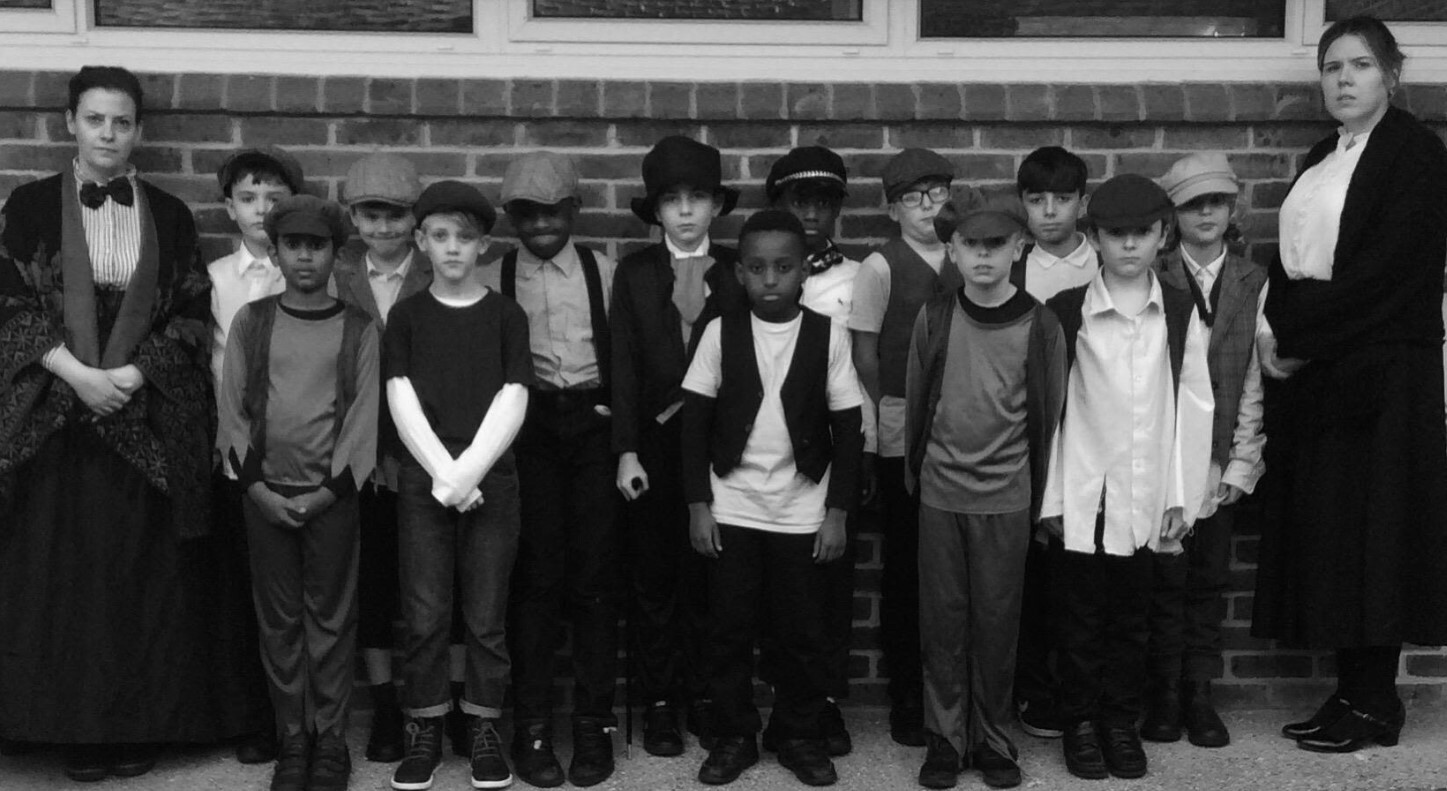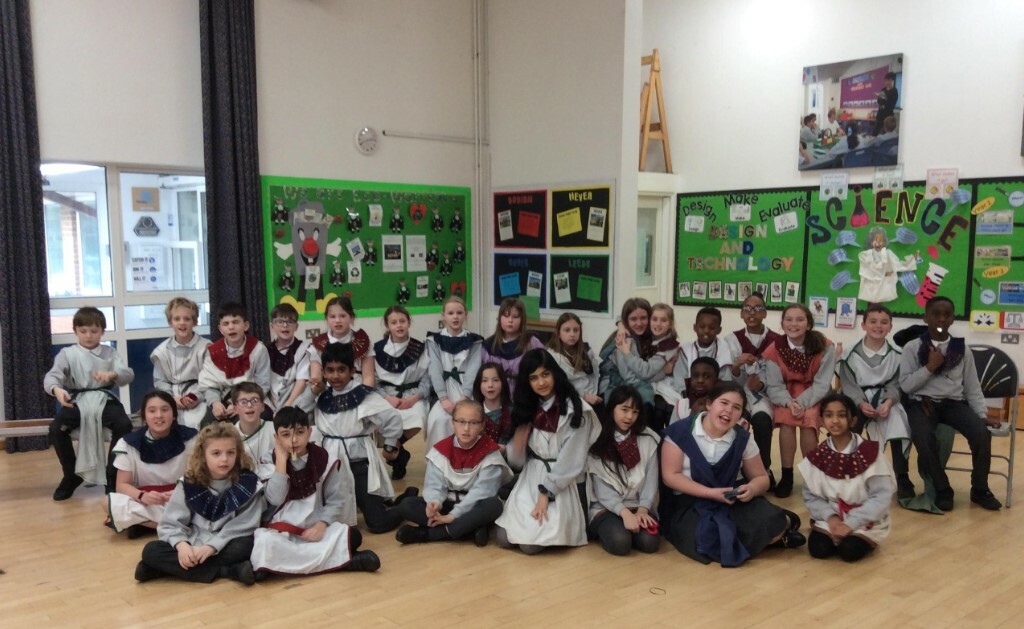History
The aims of history teaching at Great Chart Primary School are to build a History curriculum which develops learning and results in the acquisition of knowledge and skills which enables children to enquire, research and analyse History. It should:
-
Fire pupils' curiosity about the past in Britain and the wider world.
-
Encourage thinking about how the past influences the present, especially developing an understanding of the influence of Britain and also its influence on the wider world - including short- and long-term implications.
-
Appreciate achievements as well as 'mistakes' of mankind in the past.
-
Help students develop a chronological framework for their knowledge of significant events and people.
-
Foster a sense of identity and an increased understanding of pupils' own position in their own community and the world.
-
Develop a range of historical enquiry skills and abilities - particularly those related to finding out about the past, explaining what happened and what people then and now think about what happened.
-
Aid children in grasping an understanding of abstract historical terms and concepts.
-
Allow children to expand their own historical perspective by applying their understanding to new contexts.



